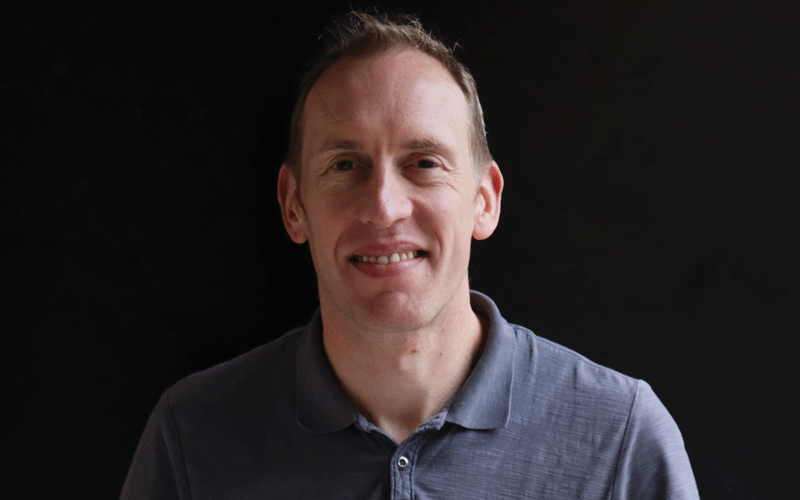The last word: Alan Furley

Inclusion: as agents of change we must create braver spaces.
In March, I chaired a panel at an International Women’s Day event. To be more precise, it was an event about inclusion that was held on International Women’s Day.
OK, full disclosure: the experience made me realise how I had never actually been to an IWD event at all.
As a man in business, I judged them on many areas and decided, ‘no, thanks’. But I had a choice. I am not viewed as a minority and my privilege means my voice is often heard.
Aside from this, however, it does seem to me that preaching to the choir on EDI [equality, diversity & inclusion] is causing a bit of a backlash. So, as someone leading a business that recognises the need to improve inclusion, we asked: how can we create transformation in practice?
The event, and a subsequent ‘hackathon’, where we partnered with software firm Ghyston, has made inroads into deep learning and tangible outcomes around how to create an inclusive workforce.
And it was fantastic to see a truly mixed-gender crowd because we need everyone
at the party to make it happen. When you think about the opposite of inclusion – exclusion – it’s an interesting point of view.
In the recruitment industry, in particular, I think viewing things with this lens can be helpful. Because the probability is that most people deal with intrinsic issues rather than purposeful exclusion – the oft-cited unconscious bias or what is termed as ‘groupthink’ where people hire others like them because they believe it will be easier to get stuff done.
I’m going to raise my hand and say that, based on this belief system, over the years I have been exclusive in how I hire. I can now see my own tendency to lean into people who I think are ‘like me’.
In recruitment, we’re in an important position, a gatekeeper of choosing who is put forward for roles and, on some level, I wonder still at the lack of inclusion within recruitment businesses themselves.
But this is also at client level. You may as a recruiter be looking at the bigger picture, yet when a client needs 100 bums on seats and says, ‘Let’s think about the school engagement programme and the re-designing of the job specs later’, there are hard decisions to make.
I wonder still at the lack of inclusion within recruitment businesses themselves
So, how do we continue to build on creating a better ecosystem for people to not only speak their truth but also speak hard truths to their own team as well as clients and candidates?
Psychological safety and environments need to not just foster safe spaces but also brave ones.
When one of our team left, a key piece of feedback was ‘My voice is not heard’. From there we built in a monthly meeting to really air the places that were good and bad – asking questions like, ‘if we were 10 times bolder what would we do differently?’.
We must work harder to create workplace ecosystems where people feel they can be understood, even when it’s tough feedback. This does not mean that you have 20 people making business decisions – in fact, my mantra is ‘everyone has a voice, not a vote’.
But we must at least listen and learn.
I’d love to see a future where recruiters are a part of the solution to inclusion, not part of the problem, and am dedicated to helping make this happen.
Get in touch if you’d like to join me! [email protected]
